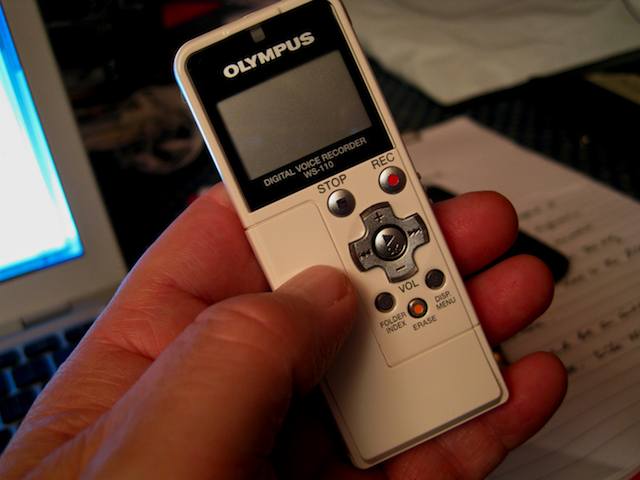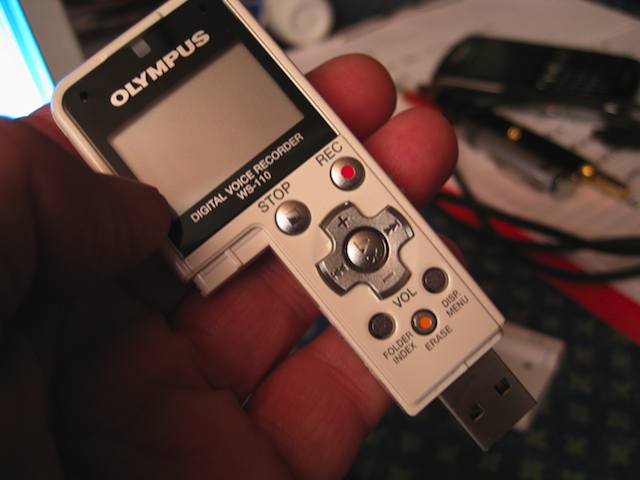Because the Obama campaign made such astute use of the Net, there are high expectations on how his administration might use the Net to govern.
From social networking sites to blogs and from iPhone applications to text messaging, President elect Obama used the power of these hi-tech tools to get his message out, raise money, galvanise voters and get him elected.
Now some in the industry think it could be “pay-back time” as they looks to the country’s first tech savvy President to do his bit to push technology into a new era.
“He is the first real president who seems to understand technology and the needs of the industry,” said Tim O’Reilly, the man credited with coining the term ‘web 2.0’ and who is generally regarded as one of the industry’s visionaries.
Already there are some interesting developments — for example The White House 2, and Obamacto.org, both of which are Digg-type sites for policy ideas.
Meanwhile the BBC (and a host of other sources) are predicting that Obama will have to give up his BlackBerry when he becomes president — for security and legal reasons. Well, at least that means he won’t be upgrading to a G-phone. (I’m sure that his commitment to openness would preclude an iPhone!)


